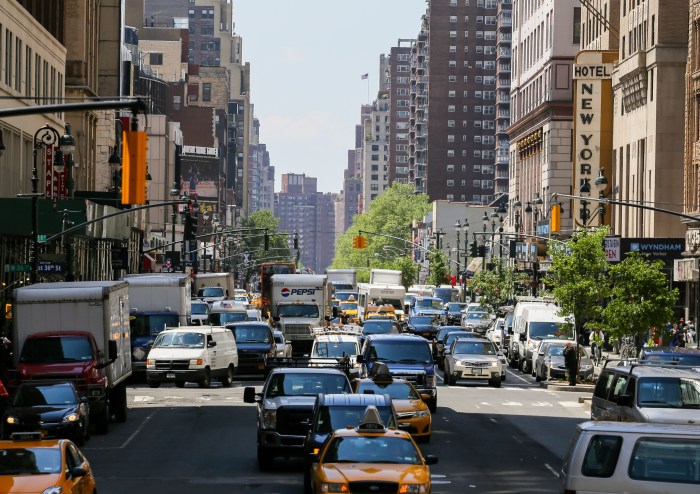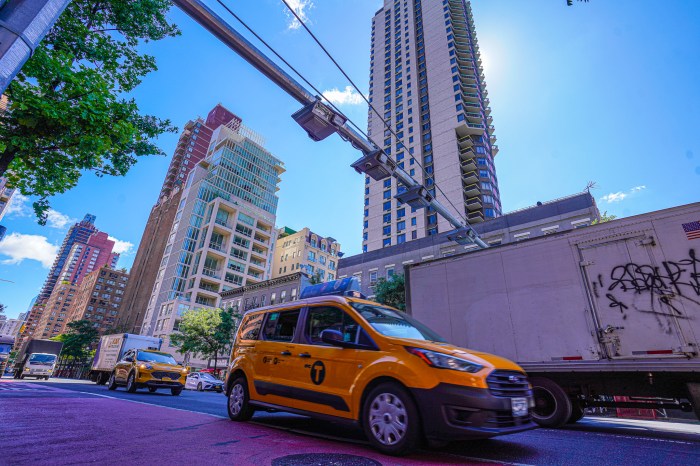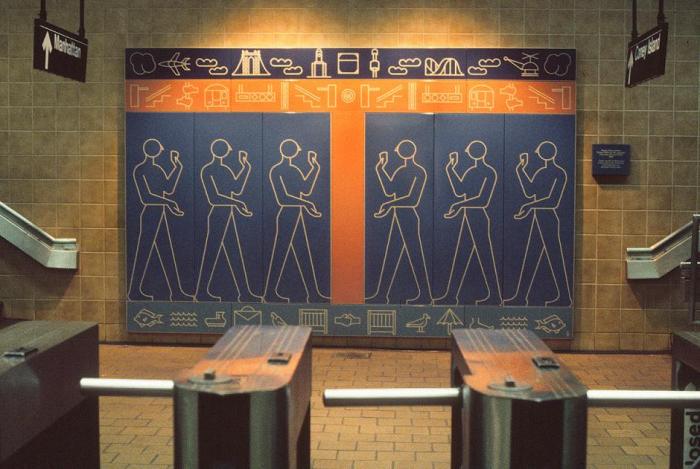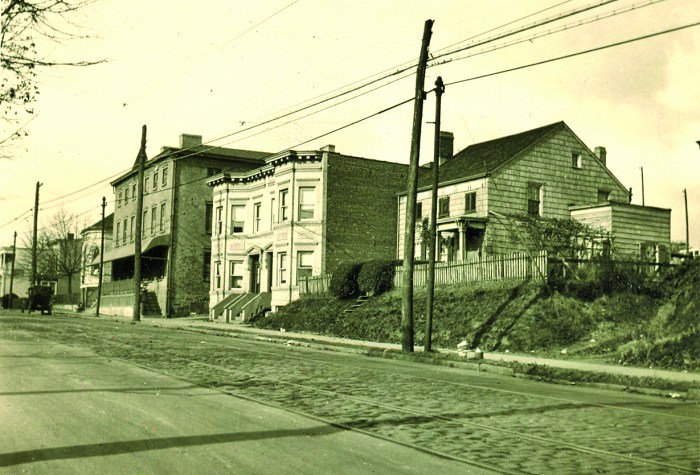Transit advocates rallied against the MTA and Governor Andrew Cuomo on Sunday for worsening subway service in the face of another fare hike.
Subway delays have more than tripled since 2012, according to MTA data analyzed by the nonprofit Riders Alliance. The group gathered members at the Chambers Street station of the J train on Sunday afternoon. They called out state leaders for not funding the region’s transit system to “keep up with the needs of New Yorkers.”
“It’s about leadership,” said Masha Burina, senior organizer with the Riders Alliance, in a statement. “Governor Cuomo played a big role in getting the Second Avenue Subway open on time. We need that same kind of leadership for the whole system, not just big, splashy projects.”
Fares are set to increase on March 19 — for the sixth time since 2008. But as commuters are asked to pay more, between November 2012 and November 2016, subway delays increased from 18,255 to 60,274. It’s a surge of 332 percent, the primary cause of which is overcrowding.
But the group pointed out that ridership in November 2016 was only 13.2 percent greater than in 2012, meaning the problem goes beyond a capacity crunch.
It said that the governor, who essentially controls the state-run agency, must advocate for, and fund, the city’s subway system.
“The problem is that virtually none of the money appropriated for the capital plan has been disbursed in any of the previous fiscal years, and in fact the State has explicitly stated that it expects the MTA to take on considerable additional debt before the State would meet its obligations,” the Alliance said in a press release.
Jon Weinstein, a spokesman for the governor, noted recent initiatives like installing Wi-Fi in underground stations and the completion of a successful countdown clock pilot that will be expanded throughout the system. The governor’s office has repeated that the MTA’s current five-year capital program is fully funded.
“No leader is more committed to modernizing the MTA for the 21st century than Governor Cuomo — as evidenced by the state’s historic $8.3 billion contribution to the MTA’s Capital Plan,” Weinstein said in a statement. “The capital plan will provide funds to renovate dozens of subway stations, buy more than 1,000 state-of-the-art subway cars, and install communication-based train control — all of which will reduce delays and improve the commute for millions of people a day.”
Tom Prendergast, the agency’s outgoing chairman who plans to retire at the end of the month, said much of the same after a board meeting last week. But he also noted labor costs. The MTA and TWU Local 100, the union that represents about 38,000 transit workers, just reached a new contract deal.
“I think we’re doing a number of things to address (subway issues), but we need to do better. Because we need to get to the point where the perception of the customers is such that we’ve done that,” Prendergast said at the time.
“Maybe you see improved services in terms of countdown clocks and Wi-Fi in stations. But the cost of living is the cost of living and we have a labor force that is, in large part, part of the equation. And we need them and they deserve fair raises.”

































